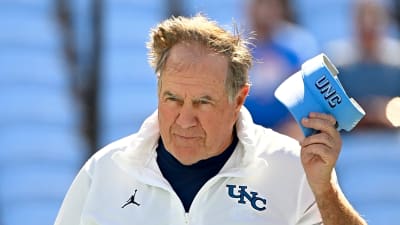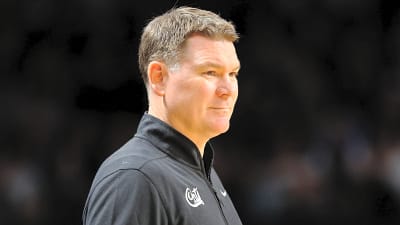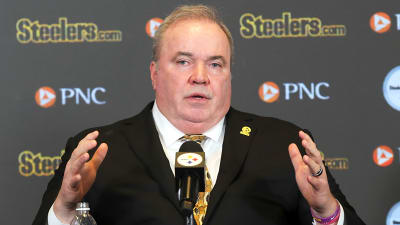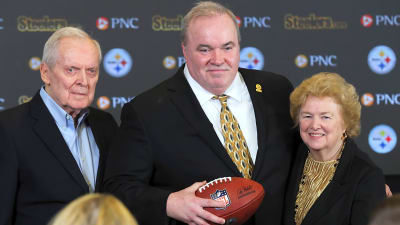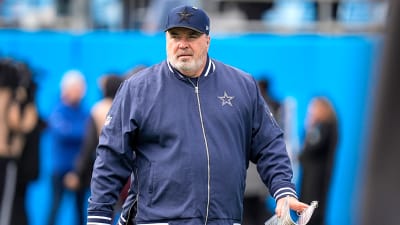
The Boston Bruins’ offseason has begun, and while things are a bit quiet right now with the NHL Playoffs in full swing, there will soon be a lot of activity with the NHL Draft next month and free agency beginning in a little under two months. Both will be essential moments that general manager Don Sweeney and the front office will have to nail in order to help turn things around and make this franchise a contender again within a few seasons.
The NHL Draft Lottery is only a few days away, which will provide more insight on when the Bruins will be picking in the first round. They’re likely to pick somewhere in the five and seven range, but do have an 8.5% chance at first overall. It’ll be their first time picking in the top 10 since the 2011 NHL Draft.
On the free agency front, though, there is no mystery about which players are unrestricted free agents (UFA) or restricted free agents (RFA). While the Bruins traded away many of their free agents at this season’s trade deadline, there are still several remaining, and decisions will be made in the next few weeks about who will be offered extensions, who will accept them, and what those new contracts will be.
Here are some of the Bruins’ current group of UFAs and RFAs, focusing primarily on guys who appeared in NHL games this past season, and my best guess on who I think will be returning next season and what their next contract may look like.
RFA – Morgan Geekie – Re-Signing
If the Bruins were not a hundred percent interested in re-signing Morgan Geekie, they would have traded him at the deadline like Justin Brazeau and Trent Frederic. The front office is clearly interested in keeping him, and he has expressed his own desire to stay in Boston. As an RFA, the Bruins have the first right of refusal, and as mentioned above, it would be an absolute shock (and terrible, terrible move) not to extend him a qualifying offer.
While Geekie is an RFA, he does have arbitration rights, and other teams could potentially offer sheet him. After a 33-goal season, there may be some teams around the league interested in that, though it is rare. As for arbitration, given how that process tends to leave a sour taste in everyone’s mouth afterwards, the Bruins should really try to avoid it, particularly when they have a decent amount of cap space this offseason ($28 million) and view him as a long-term leader.
While there is always a slight chance things go badly, it is highly likely that Geekie will be extended and back on the ice for the Bruins in the fall. Rumors are circulating that the deal will be in the six-year range. As for the average annual value (AAV), when looking at guys who had similar points to him this season, there is a wide range of salaries. Looking at what the Bruins gave Elias Lindholm last season and the increasing cap over the next few seasons, I don’t think they can go lower than a $7.75 million AAV, and given he has a less proven track record at the NHL level, I don’t think it will be more than $9 million AAV. His value to the franchise is undeniable as he was second on the roster in points in 2024-25, so this next contract will definitely be a huge jump from his $2 million AAV on the previous one.
RFA – Mason Lohrei – Re-Signing
Like Geekie, the Bruins would be crazy to somehow fumble Mason Lohrei. He’s coming off his rookie contract, so unless they don’t extend him a qualifying offer or he gets an offer sheet from another team, he will be extended. The big question, though, is what will that contract look like, especially with a number of young defenseman getting signed to major long-term deals right off of their ELC.
Lohrei is one of the Bruins’ best young defensemen, but there are still improvements that need to be made to his game. The offensive talent is there; he led the team’s defensemen in points, but on the defensive side, there is a lot of growth that needs to come. He is not in the same range of talent yet as the guys who got those big, long-term contracts.
Given where he is skill-wise and where the Bruins are as a franchise, a two or three-year bridge deal with an AAV in the $5.25 to $5.75 million range seems like the best option. Given his points contribution and the anticipated ceiling the team has for him, don’t be surprised if the AAV is on the higher end. Since Nikita Zadorov’s contract has a $5 million AAV, I’d expect Lohrei’s contract to come in above that.
UFA – Cole Koepke – Signing Elsewhere
This is honestly one of the best case scenarios for Cole Koepke. He arrived in Boston on a league minimum one-year, two-way $775,000 contract, and is going to walk away with a decent payday this offseason. He came to the Bruins with three career points in 26 games over two seasons with the Tampa Bay Lightning. In 2024-25, he appeared in 73 games and finished with 10 goals and 17 points. He wasn’t even really on anyone’s radar to make the roster coming into the season, and ended up being hugely impactful in the first two months.
Considering the great chemistry he had with Mark Kastelic, who was already extended, and Johnny Beecher, another RFA, there could be an argument for the Bruins to try and keep that line together for next season. If the money is right, around $2 million AAV, it wouldn’t be such a bad thing to see what the trio could do if all three remain healthy for a full season. At the same time, the trade deadline demonstrated that the front office is committed to making a complete change to the roster, and it would be pretty easy to let Koepke leave.
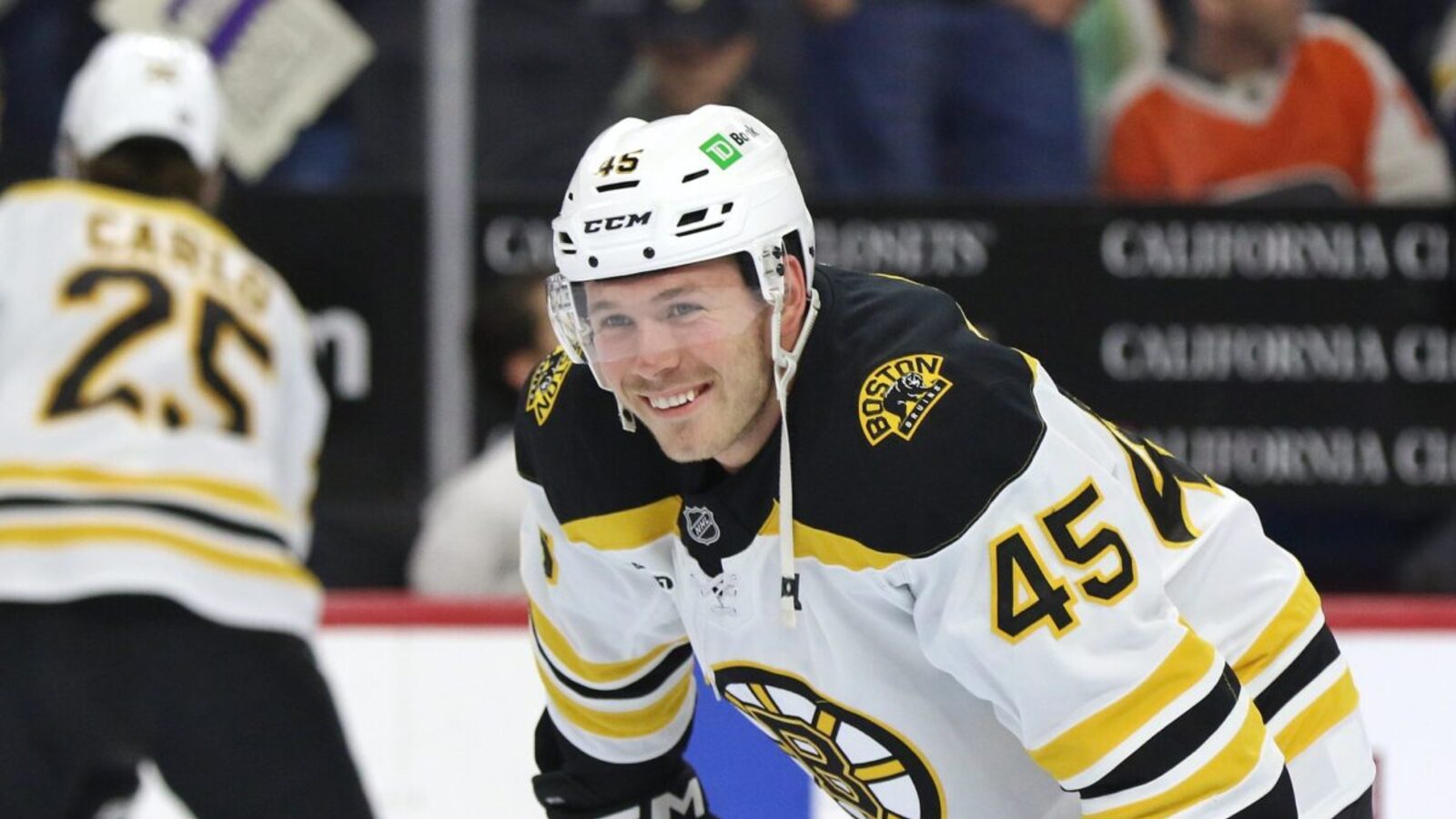
Given the fact that he’d most likely get offered more money elsewhere, as it tends to happen in free agency, and all the new players the Bruins brought in at the deadline, he will end up signing with another team. Anything could happen, but it makes the most sense at this point. Whatever happens, he certainly had a successful season in Boston in 2024-25, one of the few players who can say that.
RFA – Johnny Beecher – Re-Signing
The Bruins’ 2019 first-round selection has had an interesting start to his career, though it isn’t necessarily what one would expect from a first-round pick. Beecher has appeared in 130 career NHL games, averaging 11 minutes of ice time with 10 goals and 21 points. While the points aren’t necessarily there, it is good to note that he has a career 53.3 faceoff win percentage.
Beecher is still only 24, and there is a good comparison to be made between him and Frederic. Both were late first-round picks and took a few seasons to hit their strides after beginning their NHL careers primarily in the bottom-six. He’s shown enough to extend him a qualifying offer and give him another season or two to prove himself.
The extension will probably be a two-year deal at around $2 million AAV. It’s a show-me contract, a chance for Beecher to take his game to a higher level over the course of those two years or not. This type of contract has been very successful for the Bruins in recent seasons with Jake DeBrusk and Frederic.
UFA – Henri Jokiharju – Could Go Either Way
Henri Jokiharju has only appeared in 18 games with the Bruins after being acquired at the trade deadline from the Buffalo Sabres in exchange for a 2026 fourth-round pick that Boston originally received from the Edmonton Oilers. But so far, he’s looked good. The 2017 first-round pick has spent his career in Buffalo and with the Chicago Blackhawks, but he’s managed pretty well for himself despite constantly being on teams at the bottom of the standings.
Given the fact that the Bruins sought him out at the trade deadline and he’s still young at 25 years old, there’s no reason for the front office not to try and re-sign him. He’s coming off a one-year, $3.1 million deal, and while he didn’t have quite as many points as he did in 2023-24, it would be reasonable to give him a similar deal, and I believe Boston would be willing to give it to him.
The question, though, becomes what Jokiharju wants to do. I don’t think he would necessarily get much more money from another team, but after spending his whole NHL career on rebuilding teams, nobody would fault him for wanting to go to an already proven contender. It was reported at the deadline that he wanted to be traded to a contender, which obviously did not happen, but may be something he wants to explore in free agency. This one could go either way and will come down to whether or not there is interest in him from other teams, and which way he wants to go. At this point, I’m leaning towards him signing elsewhere, but we’ll have to wait and see.
UFA – Parker Wotherspoon – Signing Elsewhere
Parker Wotherspoon has been a great depth defenseman for the Bruins. He’s proven to be versatile and adaptable, playing with a number of partners in the last two seasons. But given that he’s a UFA, I think there’s a good chance he tests the market and finds a better contract elsewhere with more of a chance to be a more consistent member of the lineup.
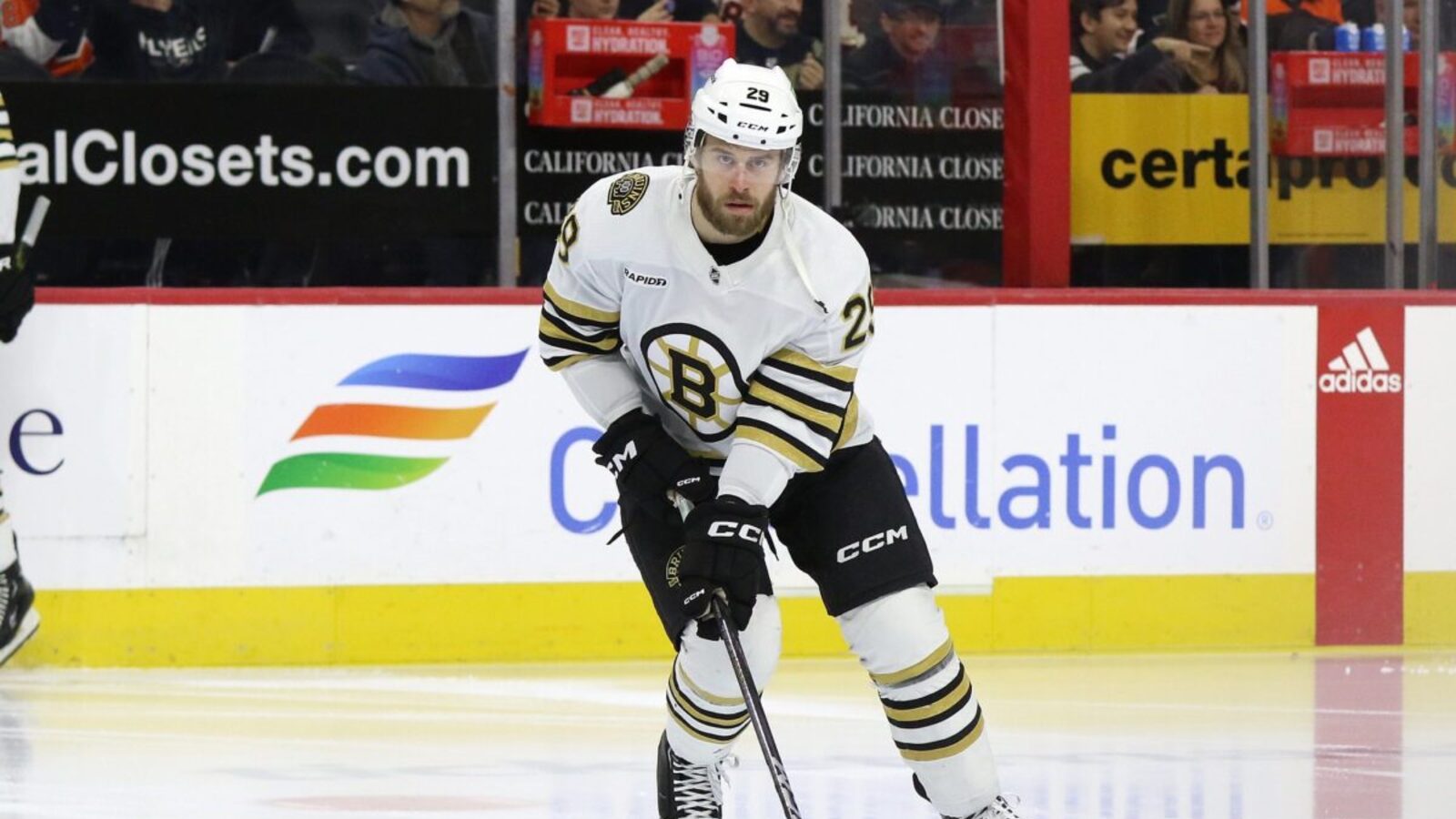
With Charlie McAvoy, Hampus Lindholm, Nikita Zadorov, Andrew Peeke, and Lohrei already pretty much locked in, that leaves one spot open, and a number of guys who could be competing for it. If Jokiharju re-signs, he’d have the edge, but there’s also some prospects who could make a push for it. There’s also a chance the Bruins bring in a higher-end talent in free agency to take that spot.
I wouldn’t be surprised if the Bruins offer him a one-year contract to keep a solid seventh defenseman option, but I think he signs elsewhere for more money and a better chance at a full-time roster spot.
RFA – Jakub Lauko – Re-Signing
The one who returned. Jakub Lauko has been a fan-favorite ever since he came into the league. The points aren’t necessarily there, but he’s not a bad option on the fourth line. After trading him to the Minnesota Wild last offseason, they brought him back at the trade deadline. He’d probably be a cheaper fourth-line option than Koepke, so I’d be surprised if the Bruins don’t extend him a qualifying offer.
Lauko’s last contract was a two-year deal with a $1.575 AAV. The 25-year-old will probably be looking at something similar, maybe going up to the $1.8-2 million range given the salary cap increase.
RFA – Marat Khusnutdinov – Re-Signing
Marat Khusnutdinov was the primary piece the Bruins were interested in from the deadline deal with the Wild. The 22-year-old forward struggled to find his footing in Minnesota, and needed a change of scenery. He had three goals and five points in 18 games for the Bruins, and is one of the young guys they are really going to have to try and get involved in the lineup next season.
After trading for him, the front office would be dumb not to give him a qualifying offer and more chances in Boston. Like Lohrei and Beecher, this will probably be a two-year bridge deal with a $2-2.5 million AAV. He’s played less than 100 NHL games, so there is still a fair amount of potential with him.
Remaining Free Agents
The rest of the Bruins’ UFAs and RFAs primarily spent the season playing with the Providence Bruins. I think most of the UFAs will leave, but the front office will at least be interested in re-signing Brandon Bussi and Vinni Lettieri. Between the two of them, they probably have the highest probability of retaining Bussi.
As for the RFAs, the Bruins are most likely to extend qualifying offers to John Farinacci, Georgii Merkulov, Ian Mitchell, and Oliver Wahlstrom. Mitchell is a guy that could compete for that final blue line spot, especially if Wotherspoon gets a better deal elsewhere. Farinacci was called up for the final game of the season, making his NHL debut and scoring a goal. Hopefully, they will give him more NHL opportunities next season. Merkulov and Wahlstrom should get a chance to compete for a roster spot at training camp next season.
Hopefully, some of these extensions will come together in the next month, giving more clarity about the direction the front office may be going this offseason.
More must-reads:
- Eight NHL players to watch at the upcoming Winter Olympics
- Could LeBron James return to Cleveland next season?
- The '100-yards + TD Conference Champ games' quiz
Breaking News
Trending News
Customize Your Newsletter
 +
+
Get the latest news and rumors, customized to your favorite sports and teams. Emailed daily. Always free!

